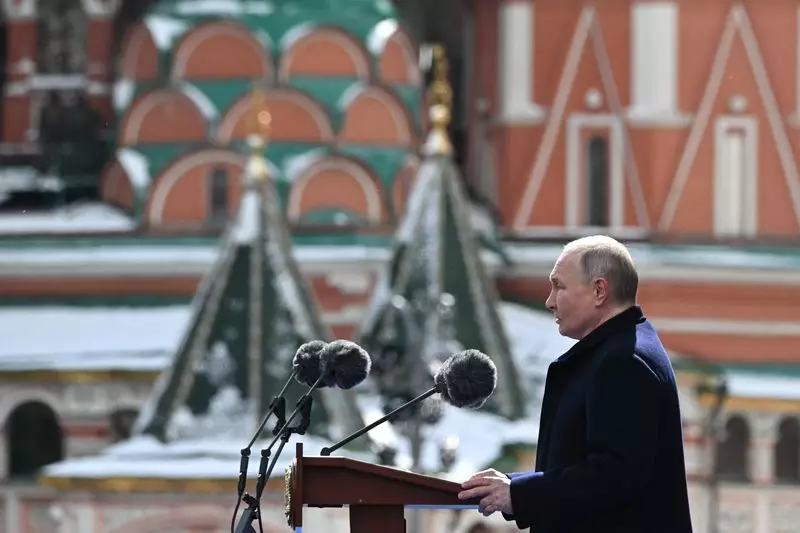Recent developments reveal that U.S. officials are anticipating the Group of Seven (G7) wealthy democracies to issue a stern warning to smaller Chinese banks. This warning is expected to focus on these banks aiding Russia in evading Western sanctions. Leaders gathering in Italy on June 13-15 are likely to center their discussions on the threat posed by the burgeoning Chinese-Russian trade to the conflict in Ukraine. It is important to consider the potential repercussions of such actions and what measures can be taken to address this critical issue.
There are ongoing discussions amongst the U.S. and its G7 partners regarding the involvement of Chinese banks in supporting the Russian economy amidst the conflict. The concern arises from the fact that China is becoming the factory of the Russian war machine. This raises alarm bells as Russia’s military ambitions not only threaten the existence of Ukraine but also European security, NATO, and transatlantic security. The support provided by Chinese banks raises questions about the integrity of the international financial system and its susceptibility to exploitation.
The U.S. Treasury Department and other key officials have issued warnings to financial institutions across Europe, China, and beyond regarding the consequences of aiding Russia in circumventing Western sanctions. The looming threat of sanctions has prompted Chinese banks to exercise caution in their transactions involving Russians. While major Chinese banks have refrained from engaging in such activities, smaller institutions have been brought under scrutiny for facilitating trade with dual civilian and military applications. Measures such as sanctions and export controls are being considered to curb Russia’s ability to evade sanctions, highlighting the importance of international cooperation in addressing financial malpractice.
The reluctance to impose sanctions on major Chinese banks is attributed to the potential ripple effects on the global economy and U.S.-China relations. Implementing sanctions on these banks, often referred to as a “nuclear” option, could have far-reaching consequences. Despite concerns over the impact of sanctions, officials warn that China’s support for the Russian economy poses a significant threat to international security. The intricacies of these relationships underscore the complexity of regulating financial activities in a globalized economy.
As the G7 summit approaches, there is a growing urgency to address the issue of Chinese banks assisting Russia in evading Western sanctions. The implications of these actions extend beyond mere financial transactions, impacting geopolitical stability and security. It is imperative for world leaders to collaborate on developing effective strategies to deter such illicit activities. The upcoming summit presents an opportunity for meaningful dialogue and concrete actions to safeguard the integrity of the international financial system.
The involvement of Chinese banks in assisting Russia raises significant concerns about the enforcement of international sanctions and the implications for global security. The upcoming G7 summit serves as a pivotal platform for world leaders to confront this pressing issue and demonstrate a united front against financial malpractice. By acknowledging the inherent risks associated with these actions and implementing proactive measures, the international community can work towards safeguarding the integrity of the global financial system.

